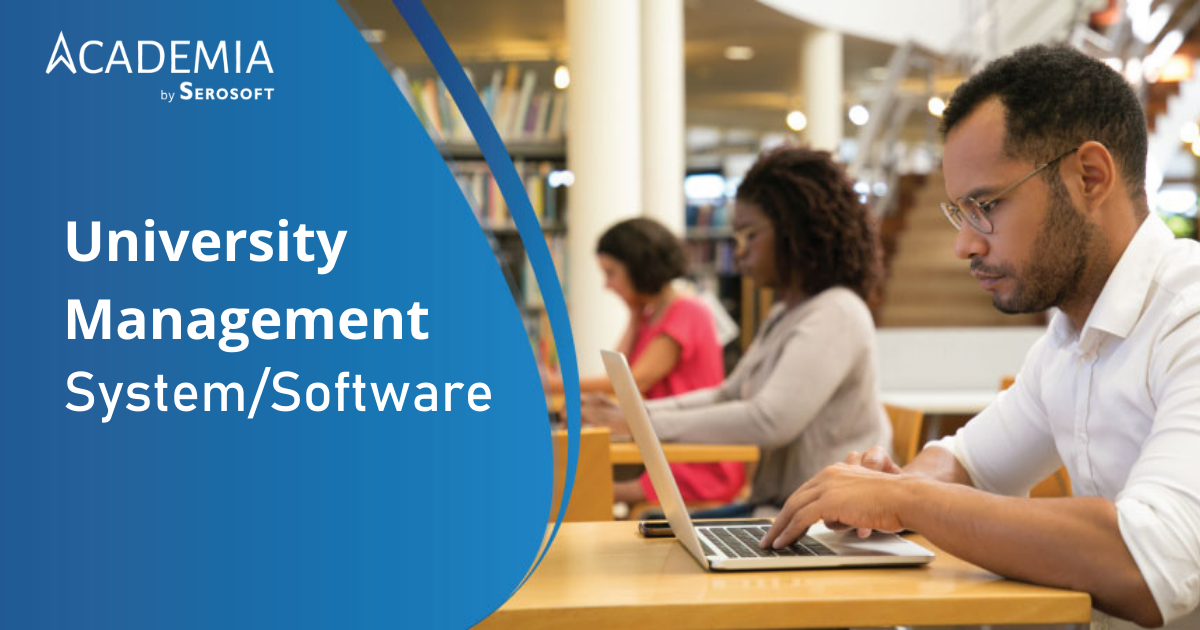Why University ERP Software is a Game-Changer for Modern Education

In today’s digital-first academic landscape, universities and higher education institutions face mounting challenges in managing their operations efficiently. The need to coordinate academic, administrative, and financial tasks seamlessly has become more critical than ever. That’s where a University ERP (Enterprise Resource Planning) system steps in—offering a centralized solution to unify, streamline, and automate all campus functions.
What is a University ERP?
A University ERP is an integrated software suite that consolidates various institutional processes into a single digital platform. It enables universities to manage core functions such as admissions, academics, finance, human resources, examinations, and student services in a unified system. By replacing outdated, disconnected systems and reducing manual tasks, a university ERP improves productivity, transparency, and data accuracy across departments.
With a powerful ERP in place, institutions can eliminate information silos, reduce administrative paperwork, and create a connected digital campus experience that supports both staff and students.
Key Features of University ERP Software
1. Centralized Student Information System
Manage student records, attendance, academic performance, grades, and progression—all from one dashboard.
2. Automated Admissions & Enrollment
Streamline the entire admissions process from application tracking to enrollment confirmation with automated workflows and real-time status updates.
3. Finance & Payroll Management
Gain full control over financial operations including budgeting, fee collection, payroll processing, and accounting with integrated finance modules.
4. Academic Scheduling & Examination Tools
Generate timetables, assign faculty, and conduct exams without conflicts. Manage exam results, grading, and report cards effortlessly.
5. LMS Integration
Connect seamlessly with Learning Management Systems (LMS) to facilitate digital classrooms, e-learning, and remote academic delivery.
Benefits of Implementing a University ERP
✅ Boost Operational Efficiency – Automate repetitive and time-consuming tasks, enabling staff to focus on strategic and student-centric activities.
✅ Real-Time Decision-Making – Access actionable insights through analytics dashboards that support data-driven decisions.
✅ Enhanced Compliance & Governance – Stay aligned with accreditation standards and regulatory requirements through built-in audit trails and reporting.
✅ Improved Student Experience – Provide students with a user-friendly portal for accessing academic information, schedules, and communication tools.
Why Every University Needs ERP Software
In a world where education is rapidly evolving, universities must adopt smart, scalable solutions to stay competitive and meet the expectations of tech-savvy students. Whether you're a private university or a public institution, implementing ERP software empowers your campus with transparency, agility, and future-readiness.
ERP systems also support hybrid and remote learning models, offering flexible access to course materials and academic services through integrated LMS platforms. This not only boosts academic engagement but also ensures continuity of education in any scenario.
By adopting a robust university ERP solution, institutions pave the way for digital transformation and long-term growth, while enhancing operational excellence and academic outcomes.
📌 Frequently Asked Questions (FAQ)
Q1: What does a university ERP do?
A university ERP integrates academic, financial, and administrative functions into a centralized system to improve efficiency and transparency.
Q2: Is university ERP software customizable?
Yes, ERP systems are modular and can be customized based on institutional needs, size, and academic structure.
Q3: How long does ERP implementation take?
Implementation timelines vary, ranging from a few weeks to several months, depending on the scope and complexity of the institution.
Q4: Can ERP software support remote learning?
Absolutely. Many ERP platforms integrate with LMS tools to enable smooth management of online classes and virtual academic delivery.
Note: IndiBlogHub features both user-submitted and editorial content. We do not verify third-party contributions. Read our Disclaimer and Privacy Policyfor details.




